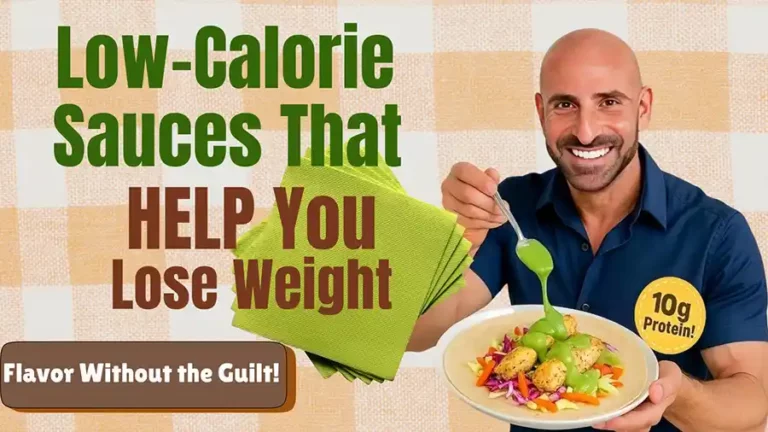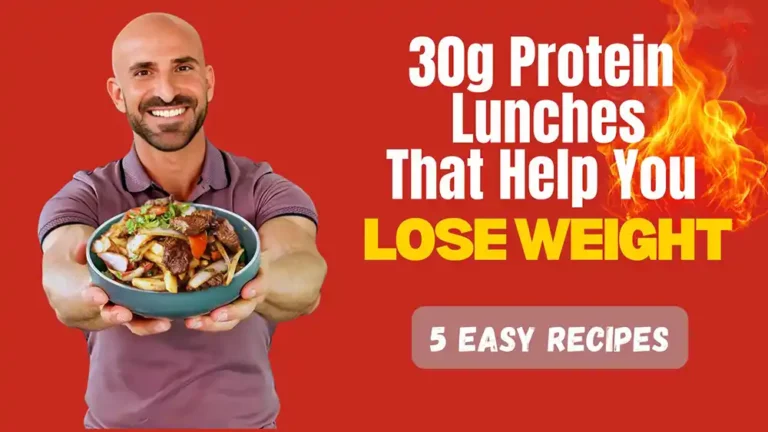“Processed food” isn’t a term or commodity that’s going away any time soon nor is the nasty stigma that surrounds it. With people’s consciousness of what they and their families are eating on the rise, processed food is being demonized and avoided by an increasing number of people. However, it seems that the term “processed” is used as a blanket with some people interpreting the definition of a processed food differently than other people. In fact, if defined incorrectly, some of these people may be missing out on some foods that are actually very nutritious for them.
So what is processed food? Processed food is formally defined as a food that has been altered from its original state before sale. So, this could include anything from bologna and potato chips to peanut butter and canned salmon. Basically, anything that is heated, pasteurized, canned, dried or even fermented are all considered forms of processing. However, that does not mean that all foods that have undergone a form of processing is bad for you. This is because the concept of processed food is complex and even a bit confusing to the everyday consumer. For example, fruits and vegetables in the produce section are an obvious example of whole foods that have not been touched or processed. Another good example is quinoa which is widely regarded as a health superfood. However, it goes through a long chain of processing that involves threshing the seeds, washing it thoroughly as well as drying it to avoid germination before purchase. In spite of this, I highly doubt many would agree that quinoa is an “unhealthy” food.
Some processed foods fall into the traditional definition that people often associate the word processed with in that they are loaded with substances that make them unnaturally shelf stable and high in added sugar, saturated and trans fats. For example, hot dogs are a processed food that are loaded with inflammatory fats that could include both saturated and trans fats that are bad for your heart as well as being high in sodium. However, there are others, that are actually healthy, affordable and very nutritious. One example is canned tomatoes would also be considered by some as a processed food, but actually have 12x more of the antioxidant lycopene than an “unprocessed” fresh tomato.
I once had a client of mine who was horrified that I would recommend canned beans to him. He wouldn’t touch the stuff because they were “too processed” and yet when I did his diet recall, he was an avid drinker of almond milk. Plant-based milks like almond, oat and soy milks or beverages are nowadays widely considered to be better for you, but also have gone through a high level of processing to go from their natural plant form to the liquid milk form you find in your grocery store. However, cow’s milk goes through minimal processing due to that most milks only undergo pasteurization to eliminate bacteria before sale. Even in spite of these facts, people rarely demonize products like almond milk despite their high level of processing.
Furthermore, people may also demonize breads, cereals, and juices that have been fortified with vitamins like iron, folate and calcium. However, a vast majority of Americans are deficient in these nutrients for various reasons and may rely on these sources to get the nutrients they need. For example, in 1965, it was discovered that women of childbearing age were not getting enough folate which was resulting in birth defects. In 1998, when “processing” cereals with folate became mandatory in America, the prevalence of these birth defects dropped drastically. Avoiding processed foods wasn’t so unhealthy in this case.
The bottom line? It’s irresponsible to put a label on foods like “if it’s processed, it’s bad for you.” Frozen and canned vegetables are not bad for you. Canola oil is not bad for you. Bread, pasteurized milk and dried fruit are not bad for you. At the end of the day, it all goes back to checking your labels to see if the level of “processing” has resulted in things being added that aren’t good for your health. Peaches canned in water or their own juice are still great for you, peaches canned in heavy syrup…not so much. If the label says there’s any trans fats at all or more than 20% of the daily value of sodium or saturated fat, that processed food isn’t going to be the best choice. Finally, check the ingredients list. If it’s miles long with things you can barely recognize sprinkled in there, question this product. It’s time we expand our view so we don’t end up wrongly labeling food as “bad” just because some celebrity or Instagram “guru” tells you so.





